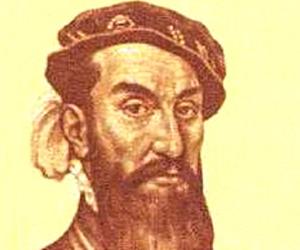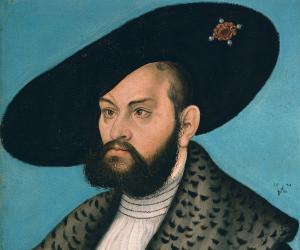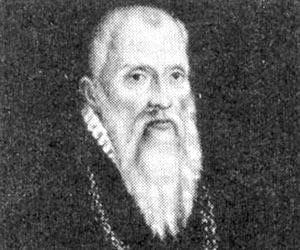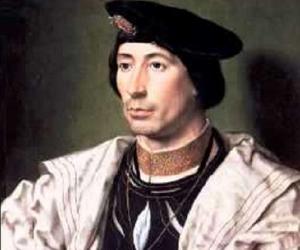Spanish explorer Álvar Núñez Cabeza de Vaca led an expedition to Galveston, Texas, although most of his men died during the voyage. De Vaca then wandered around with the Native Americans, pretending to be a healer, and eventually reached Mexico. He later became the governor of Rio de la Plata.
Albert, Duke of Prussia was a German nobleman who served as the Grand Master of the Teutonic Knights from 1510 to 1525. Later in his life, he converted to Lutheranism and went on to become the first leader of the Duchy of Prussia. As a Protestant, Albert played an important role in the political spread of Protestantism.
Adrian Willaert was a Netherlandish composer who is credited with founding the Venetian School. Apart from being remembered as a versatile composer, Willaert was also the most influential musician in Europe during his time. Also renowned for his teaching skills, Adrian Willaert taught students like Cipriano de Rore, who went on to become respected composers in their own right.
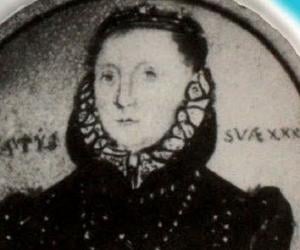

Officially the Archbishop of Uppsala, Olaus Magnus is remembered more as an established author and cartographer. Born Olof Månsson in southern Sweden, he spent the greater part of his life in exile, leaving behind several monumental works on Nordic countries including the History of the Northern People and Carta Marina, a map that is treasured even by modern oceanographers
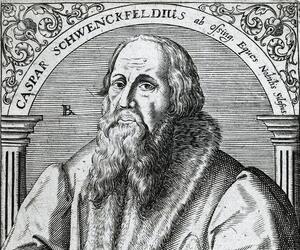
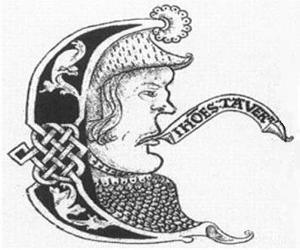
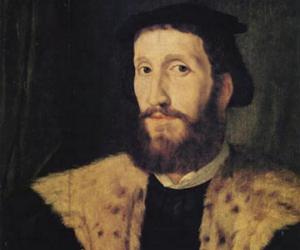
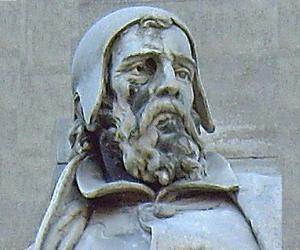
Mannerist sculptor and artist Alonso Berruguete is one of the greatest figures of the Spanish Renaissance. He was initially trained by his painter father Pedro Berruguete and grew up to be a master of wood sculptures. He had also briefly been the court painter of Charles V.
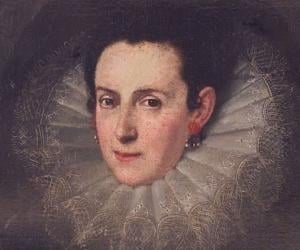

One of the pioneers of the Spanish Renaissance, sculptor Bartolomé Ordóñez developed his own style inspired by Italian marble sculptors. He used both wood and marble to create altars and panels. One of his most popular pieces was The Adoration of the Magi, the main panel of the Caraccioli Altarpiece.

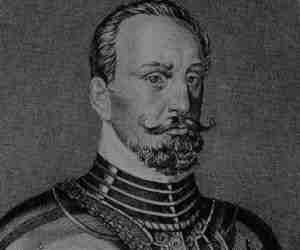
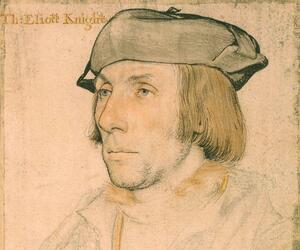
Not much is known about the early life of scholar and diplomat Thomas Elyot, and while some claim he was educated at Oxford, others believe he was a Cambridge alumnus. He is, however, remembered for pioneering the use of English as a literary language in books such as The Boke Named the Governour.
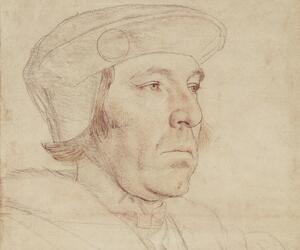
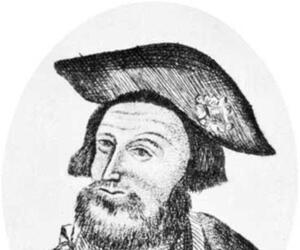
David Lyndsay was a Scottish herald and poet whose literary work is often counted among the finest of the Renaissance. A well-known makar, David Lyndsay is depicted among the 16 Scottish poets and writers on the famous Scott Monument in Edinburgh.

David Reubeni was a Jewish political activist, mystic, and adventurer who claimed to be an Arabian prince. He is known for his adventurous journeys with Portuguese Jewish mystic Solomon Molcho. In their bid to persuade Charles V to help the Jews fight the Turks, they faced imprisonment and were eventually executed.
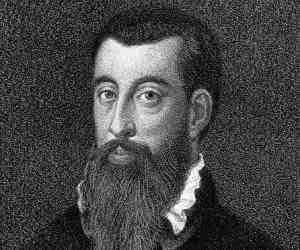
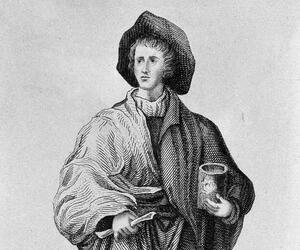
English physician Andrew Boorde was initially a member of the Carthusian order but quit monastic activities later. A traveler and explorer, too, he penned the first English guidebook to Europe. He has also written extensively on subjects such as health and astronomy. He was apparently imprisoned in later life for keeping loose women.
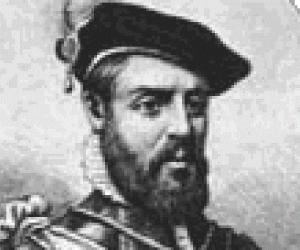
Born into a Spanish noble family, Juan de Padilla grew up to be an ace military leader who led the Castilian Comunidades in their rebellion against the Habsburg emperor Charles V, or Carlos I of Spain. He was eventually defeated and executed along with the other leaders of the revolt.
